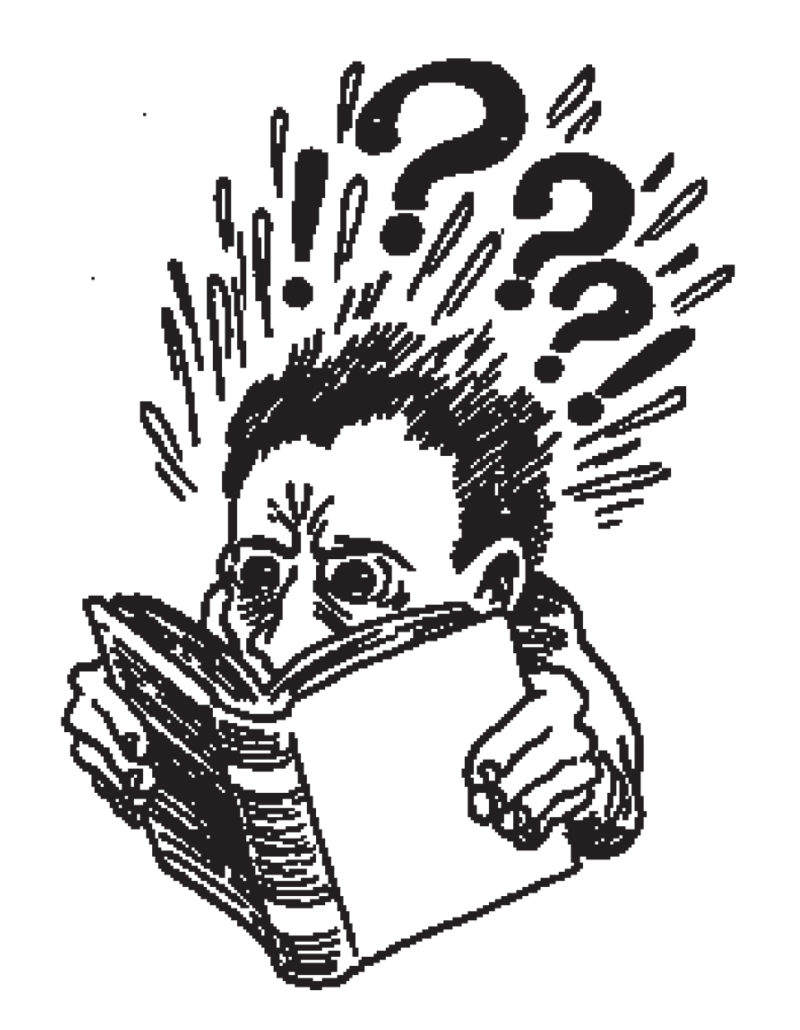Poor difficulty. Even literary writers now want to keep their distance. Steven Carter, in compiling his recent online list of instructions on how to write a first novel, while encouraging you to read Moby-Dick, would also like you to “Admit to yourself and others that, even though you’re wild about Joyce’s early work, and you admire the chances the guy took, you just find Ulysses boring. Feel the freedom that brings.” Dale Peck concurs and then some, slipping into his New Republic review (July 2002) of Rick Moody’s The Black Veil a quick scouring of Modernist fiction and its heirs, “A tradition that began with the diarrhetic flow of words that is Ulysses; continued on through the incomprehensible ramblings of late Faulkner and the sterile inventions of Nabokov; and then burst into full, foul life in the ridiculous dithering of Barth and Hawkes and Gaddis, and the reductive cardboard constructions of Barthelme, and the word-by-word wasting of a talent as formidable as Pynchon’s; and finally broke apart like a cracked sidewalk beneath the weight of the stupid—just plain stupid—tomes of DeLillo.” And if you open your paperback edition of Jonathan Franzen’s essay collection, How to Be Alone (2002), you’ll find, added in like a bonus track on a CD rerelease, an essay about William Gaddis called “Mr. Difficult,” in which Franzen rejects Gaddis’s entire literary career after The Recognitions (1955), Gaddis’s first novel, as a kind of wrong turn, a turn into “literary difficulty.”
Structurally fragmented novels crammed with syntactically convoluted sentences don’t read as easily as those in the mainstream tradition. The heady, ironic, jigsaw-puzzle novels of a writer like Nabokov will never sit well with proponents of social realism. It seems premature, however, to dismiss such productions as last century’s aberrations. After all, Tristram Shandy, that model of difficulty, has been around almost as long as Tom Jones.1
*
The Impossibly (2001), Laird Hunt’s first novel, is a difficult book. Not in the way Ulysses or The Recognitions is. It doesn’t flaunt its author’s literary or art-historical erudition. Its diction—somewhat formal in its descriptive passages, appropriately colloquial in its dialogue—is never artificially elevated. Its syntax eschews contortion. It borrows its framework from genre fiction—a bit of detective noir, a bit of James Bond, a kind of sci-fi fantasy setting, a ghost story conclusion. It’s short (205 pages). Its difficulty stems from an unfamiliarity that leads you off the paved, striped roadway of conventional fiction.2 The buildings are not quite like ours. The social structures are off—laws and jobs and even interpersonal...
You have reached your article limit
Sign up for a digital subscription and continue reading all new issues, plus our entire archives, for just $1.50/month.
Already a subscriber? Sign in





